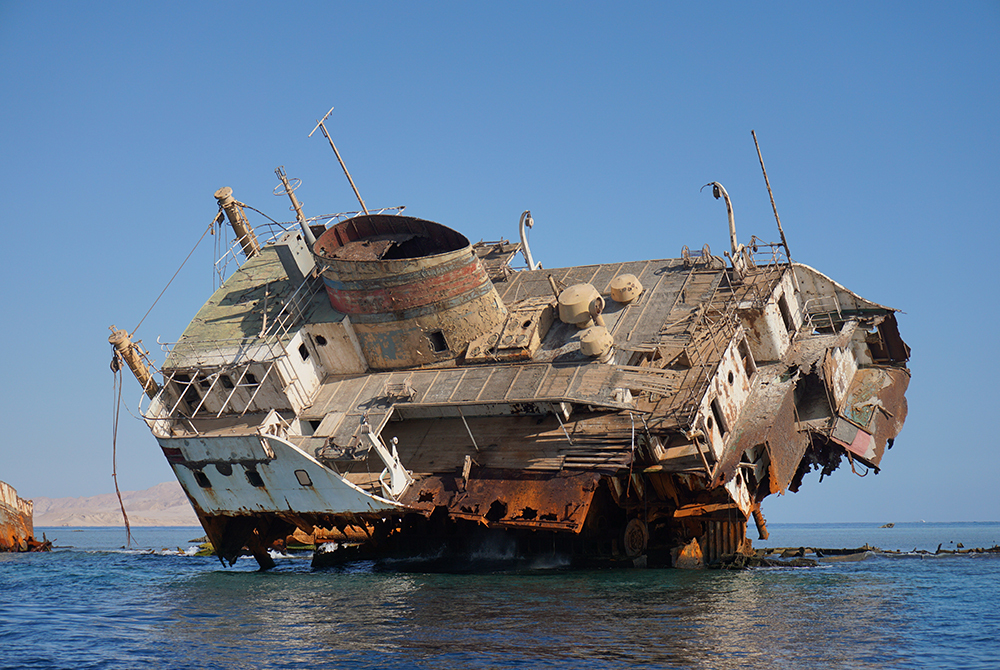At Levin Sources, we support policy makers and companies by mapping supply chains of minerals involved in the transition to the so-called green economy.
We strongly support the principles of the circular economy and the new trend towards recycling. However, in the wave of progress and positivity towards a greener future through more recycling, it is important to ensure company and policy maker dialogue maintains sight of the risks associated with green economy minerals’ recycling as well.
Over the years, we have witnessed first-hand how light-touch the due diligence carried out on recycled products is. In our experience, companies tend to do a much lighter due diligence on recycled material. One example is ensuring compliance with the OECD Due Diligence Guidance for Responsible Supply Chains of Minerals from Conflict-Affected and High-Risk Areas by asking their supplier of recycled materials to sign a statement of conformance with the OECD Due Diligence Guideline’s principles. As recycled materials are subject to social and environmental risks, we encourage companies to go beyond that.
Let us demonstrate how:
Aluminium
The aluminium scrap supply chain is complex, with many barriers to traceability.
Significant volumes of scrap steel, copper and its alloys, as well as aluminium and lead, are extracted from ship breaking at the end of a vessel’s life. Ship breaking and dismantling of ships for recycling of metals is mainly performed by informal labourers in India, Pakistan and Bangladesh, all of which have low enforcement standards for health and safety, environment and minimum wage [1].

Ship breaking is considered extremely dangerous due to lack of health and safety regulations, and risk of heavy metal poisoning and explosions [2]. All too often, incidences of severe injuries and deaths are reported, with labour groups stating ship breaking directly contributed to more than 125 deaths between 2007 and 2017 [3]. Environmental risks are also prevalent because of the release of toxic substances and fuel tanks into the water [4].
Cobalt
Due to its importance in many contemporary applications, cobalt is of particular concern, with 32% of the world’s cobalt scrap reported to be exported from the Democratic Republic of the Congo (DRC) [5]. The DRC has the largest reserves of cobalt in the world, as well as known artisanal mining activities with prevalent human rights abuses and no clear source of significant amounts of secondary cobalt scrap. This suggests that mined cobalt is falsely identified as scrap and used to disguise mined cobalt that would otherwise not comply with standards [6].
Copper
The processes for recycling copper wires and circuit boards pose a risk to local environments and health, due to the release of toxic heavy metals like lead, cadmium, beryllium and hydrocarbon ashes [7]. Incineration and disposal of waste in landfills after the recycling process can result in mercury emissions [8]. The highest levels of diotoxins (toxic by-products of industrial practices) were found in a city were major e-waste recycling businesses operate [9]. In that same city, 90% of the residents have neurological damage [10].
Steel
Substantial amounts of scrap steel processed in India are reported to come from war zones, which are more likely to contain radioactive substances [11]. There have been reports of deaths caused in the process of scrap steel recycling and explosions at several scrap metal facilities [12].
Global trade of e-waste and recycled minerals
More than 40 million tons of e-waste are generated every year in the world and the majority of this toxic or hazardous waste, including e-waste and metal scrap, is exported from developed countries to developing countries, which often have lower enforcement standards for health and safety, environmental protection and minimum wage. As such, it is crucial for companies to ensure due diligence is carried out on recycled products.
Does your supply chain contain recycled materials, or are you considering using them? Speak to us about your requirements and we will be happy to support your due diligence efforts. We’re committed to helping organisations achieve their responsible sourcing ambitions.
References
[1] Levin Sources, 2017, Metallurgy Sector Mapping
[2] ibid
[3] Vidal, J., (2017) Modern day slavery in focus: ‘This is the world’s cheapest place to scrap ships’ – but in Chittagong, it’s people who pay the price’. 2 Dec 2017. The Guardian. Available from: https://bit.ly/2zZui0w. Accessed 19 February 2019.
[4] Levin Sources, 2017, Metallurgy Sector Mapping
[5] “OEC - Cobalt, Unwrought, Matte, Waste or Scrap, Powders (HS92: 810510) Product Trade, Exporters and Importers.” Available from: https://bit.ly/2Nd57eq. Accessed 19 February 2019.
[6] MacLeod, K., Racionero Gómez, B., (2018). Green Economy Series: Solar Photovoltaics and the Electric Grid. Levin Sources. Available from: https://bit.ly/2tuV5we. Accessed 19 February 2019.
[7] ibid
[8] ibid
[9] Noyes, K. (2014). Can ‘Urban Mining’ Solve the World’s E-Waste Problem?. 26 June 2014. Fortune. Available from: https://bit.ly/1nMSPDX. Accessed 19 February 2019.
[10] ibid
[11] Kannan, S., (2008). Taking risks for scrap metal. BBC News. 14 July 2008. Available: https://bbc.in/2SIXkLB. Accessed 19 February 2019.
[12] Kumar, A., (2005). India's Turn?. Recycling Today, 19 April 2005. Available: https://bit.ly/2TU0rg0. Accessed 19 February 2019.
[13] Giampaolo, N., (2018). E-waste and the infrastructures of digitalization. Available from: https://bit.ly/2tv7wYO. Accessed 19 February 2019.






